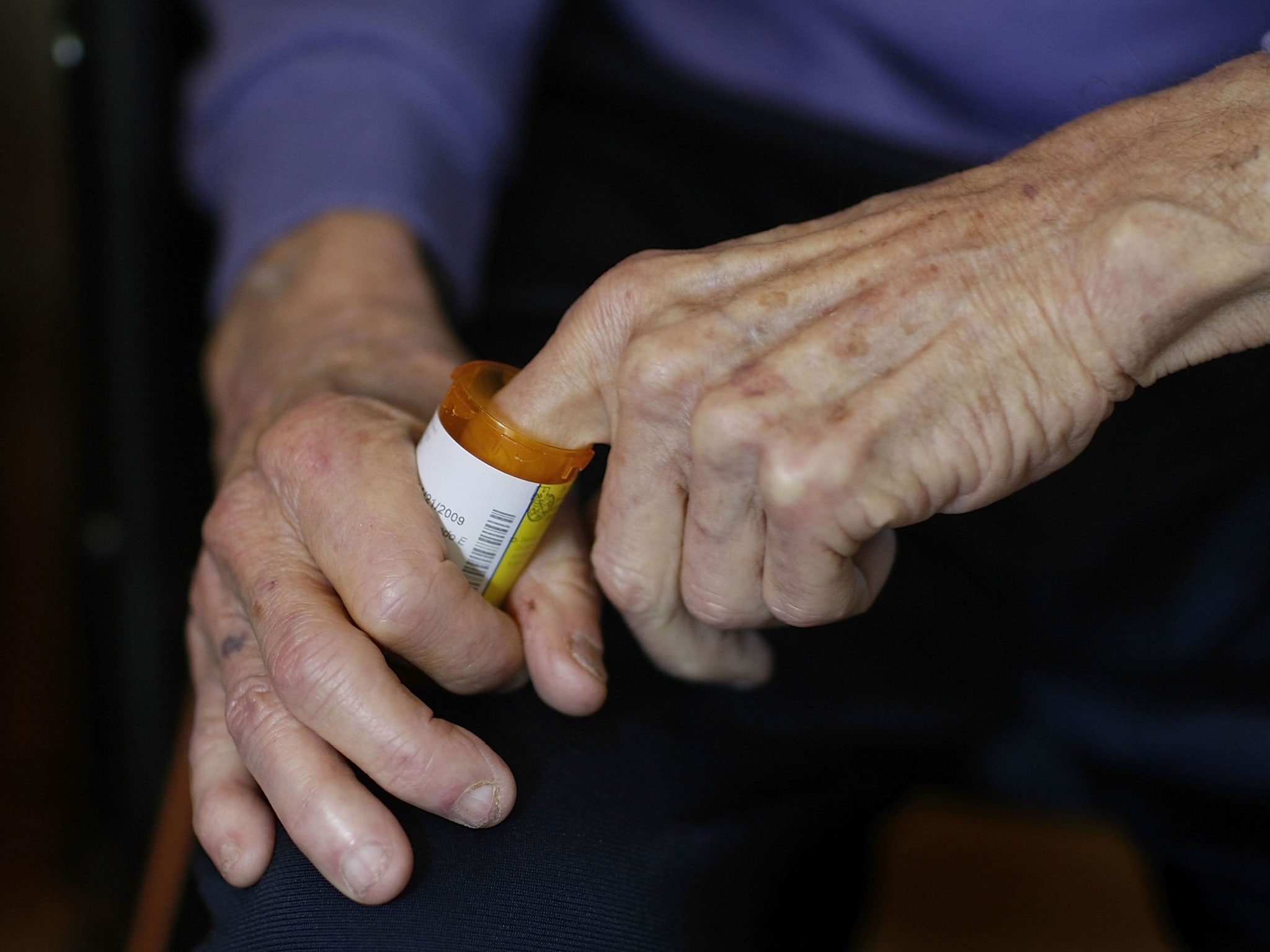Ministers turning to behavioural psychology to tackle policy problems
Behavioural experts could be behind a host of new Government initiatives based on psychology

Your support helps us to tell the story
This election is still a dead heat, according to most polls. In a fight with such wafer-thin margins, we need reporters on the ground talking to the people Trump and Harris are courting. Your support allows us to keep sending journalists to the story.
The Independent is trusted by 27 million Americans from across the entire political spectrum every month. Unlike many other quality news outlets, we choose not to lock you out of our reporting and analysis with paywalls. But quality journalism must still be paid for.
Help us keep bring these critical stories to light. Your support makes all the difference.
Ministers are turning to behavioural psychology to tackle some of the most contentious and intractable problems facing the Government, including attempting to cut illegal immigration and countering Islamic extremism, it has emerged.
Five years ago Britain was one of the first countries to embrace “nudge theory” – using behavioural economics and psychology to influence Government programmes and encourage people to change their behaviour.
Ministers established a Behavioural Insights Team (BIT) in the Cabinet Office, which achieved remarkable early results – including reducing tax fraud and redesigning parts of the benefits system to increase incentives to find work.
Ministers now intend to expand its remit into some of the most controversial areas of Government policy.
The unit has been contracted by the Home Office to identify the most effective measures to encourage illegal migrants to leave the UK. It follows the department’s disastrous “Go home” vans initiative that was quickly scrapped following public outrage.
Nudge theory is also being used by the Department of Health to target the doctors who prescribe the most antibiotics in an attempt to modify their behaviour. The Ministry of Defence is using BIT to tackle the low rate of army reservist applications.
Sources close to the Cabinet Office suggested the unit would be involved in strategies to devise and test the Government’s new anti-radicalisation agenda unveiled by David Cameron earlier this week.
The departments behavioural psychology is applied to
Health
Misread prescriptions are one of the biggest causes of avoidable harm to patients so, working with Imperial College Hospital, the unit redesigned prescription charts used by clinicians.

Rather than write dosages by hand, on the new forms doctors circled which dose applied, reducing the number of illegibly-filled forms.
Results showed that using the old forms, 3 in 100 doses were incorrectly entered; with the new forms that figure was reduced to zero.
Energy
Swapping energy supplier or tariff is one of the best ways for consumers to reduce their bills but most people still don’t do it.
As a result, the number of people visiting the site increased by 20 per cent.
Education
How do you inspire teenagers to think about going to university when worries about debt get so much national attention?
Diversity
Avon and Somerset Police asked BIT to help find ways to increase force diversity.
Their analysis found a disproportionate drop in black and minority ethnic (BME) police officer applicants passing a particular test.

BIT adjusted the text that applicants saw before the test, asking them what becoming a police officer would mean to them and their community. That increased the probability of a BME applicant passing by 50 per cent – closing the gap with white applicants.
Tax
In the UK, most people pay their taxes. The same is not true in Guatemala, where tax revenue as a proportion of GDP is just 11.9 per cent, compared to 39 per cent in the Britain.

The unit trialled letters warning recipients that not paying tax would be seen as a deliberate choice rather than oversight. After 11 weeks the amount of tax paid by those who got the amended letters was £15.80 compared with £4.35 from those to whom the standard letter was sent.
Giving
How do you get an investment banker to donate a day’s salary to charity? The unit tried various approaches, including a personalised email from the CEO, a visit from a celebrity, being greeted by a volunteer or being given a small packet of sweets.

They found that the personalised email and the sweets, which aimed to induce reciprocity, were the most powerful interventions, boosting the proportion of participants donating from 5 per cent to 17 per cent.
Subscribe to Independent Premium to bookmark this article
Want to bookmark your favourite articles and stories to read or reference later? Start your Independent Premium subscription today.
Join our commenting forum
Join thought-provoking conversations, follow other Independent readers and see their replies
Comments